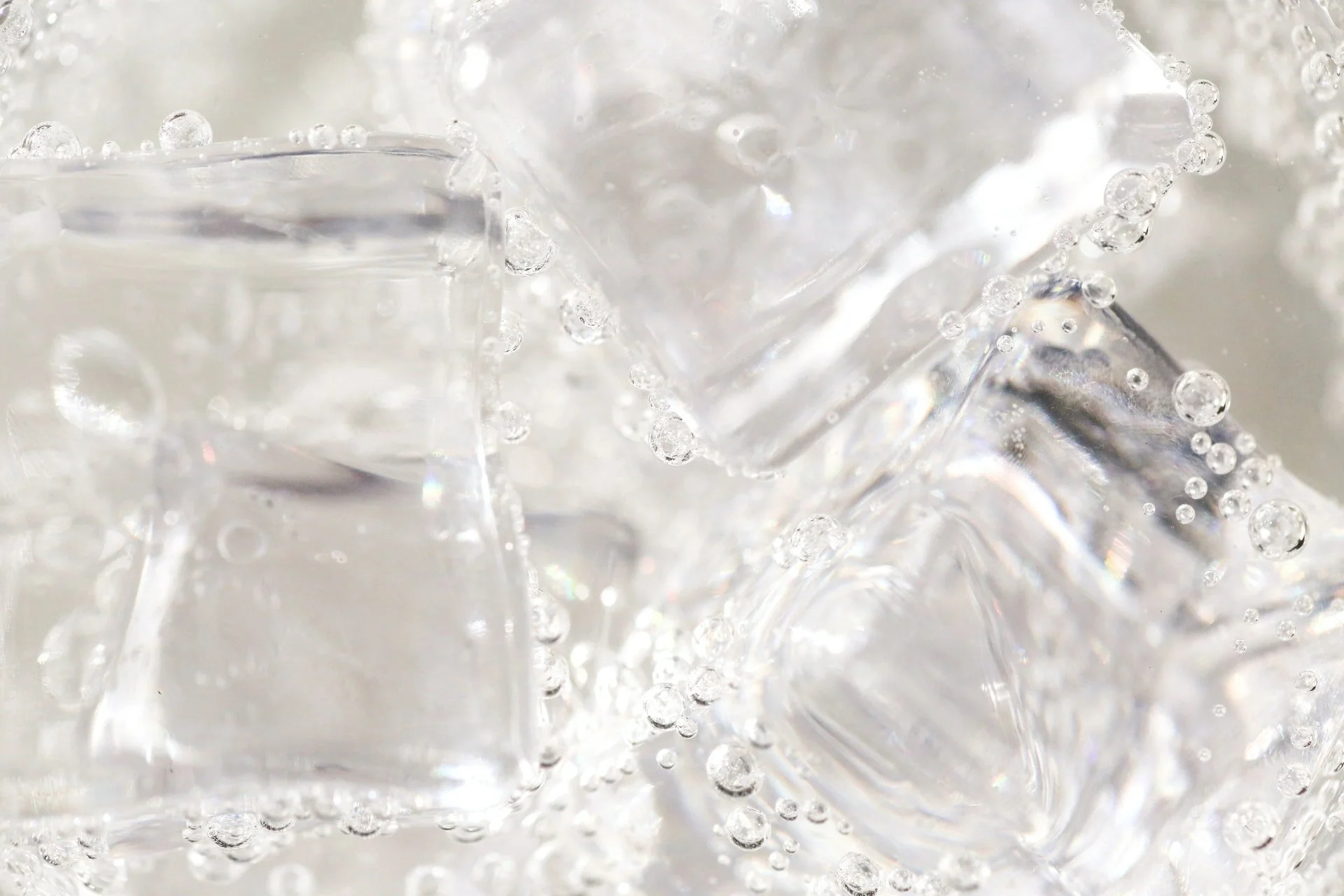When it comes to your home plumbing, there’s some stuff you can take care of yourself and some stuff you should leave to a professional. But even when you aren’t calling on a plumber to take care of a problem, there’s day-to-day maintenance you need to undertake if you’re going to keep your home’s water supply completely free of problems. In any of these cases, you can’t believe everything you’ve been told from a well-meaning friend or that you read on social media. There’s, unfortunately, a lot of misinformation out there, and following ill-advised suggestions could end up causing you bigger problems in the future. That’s why it’s always important to get your information from a reliable source — ideally, from your plumber.
“But this is plumbing advice I hear all the time,” you might think. “If everyone suggests it, that has to mean it’s true, right?”
Just because something is pervasive or commonly accepted doesn’t make it true. That’s why it’s always important to be wary and skeptical unless you’re hearing it from an expert.
So, what are some of the top plumbing myths that you shouldn’t believe? Here’s a brief rundown on a few that we’ve heard over the years:
Hot water will stop grease from solidifying in your pipes.
Most people know the dangers of pouring hot grease down their kitchen drain. This grease, which is liquid when it’s hot, cools down and solidifies, forming a massive blockage in your drain that could potentially cause a backup for you (and depending on how far the grease made it before it solidified, a backup for your neighbors too).
But some people believe that running hot water while you wash the grease down the drain will be enough to resolve this problem. After all, they think, the heat will keep the grease warm, or the water will thin the grease out enough that it won’t become a problem.
Unfortunately, that’s not the case. Water and fat repel each other, so the grease doesn’t actually dissolve into the water. And when it eventually does cool down, the solidified grease can still collect on the inside of your pipes, potentially collecting any other debris that gets flushed down there too.
Flushable wipes are flushable.
Just because a wipe is marketed as flushable, this doesn’t mean that there is any commercial standard for ensuring this is true. Flushable wipes don’t dissolve in water the way toilet paper does. While one or two seem to go down your toilet with no problem, they can collect in your pipes far out of sight. They also potentially cause problems in the equipment at wastewater sanitation sites.
You don’t have to worry about a clog if water is going down the drain.
When people think of a clog, they picture a drain that’s completely stopped up — no water is emptying out at all. But don’t wait until your clog gets to that point before you start trying to solve the problem. Keeping your drains clear should be something you strive for regularly. When you notice a drain empties more slowly than it normally does, that’s a sign that buildup and debris are starting to impede the flow of water. Address the problem now before it becomes a major crisis.
Use ice cubes to keep the blades of your garbage disposal sharp.
This is an interesting one — people put ice cubes down their kitchen sink and run with the garbage disposal with the expectation that grinding up the ice will sharpen the blade of their disposal, keeping them primed for grinding up food. The only thing is that garbage disposals don’t actually have blades. The apparatus in your garbage disposal that grinds up food could more accurately be likened to teeth, and they don’t need regular sharpening to stay in good condition. Instead, focus on keeping food waste your disposal can’t handle out of the sink.
You can use hand soap to clean your shower and sink.
The idea behind this seems like a convenient one — soap is soap, right? And if you have hand soap right there within reach, why not use it to scrub down surfaces like your bathroom sink or your shower? Unfortunately, hand soap leaves a residue on surfaces like stainless steel and tile, so while you might be washing some mess away, you’ll just be left with new mess in its place.
You can fix most plumbing issues yourself.
Let’s end with this one — sure, some plumbing problems might be an easy fix, such as plunging a toilet or replacing a sink faucet. But when you start dealing with more complicated plumbing problems, following a step-by-step tutorial on YouTube could set you up for bigger problems than the one you originally had, such as leaks or flooding. Instead, count on the help and guidance of a professional plumber to fix your plumbing problem for you.

